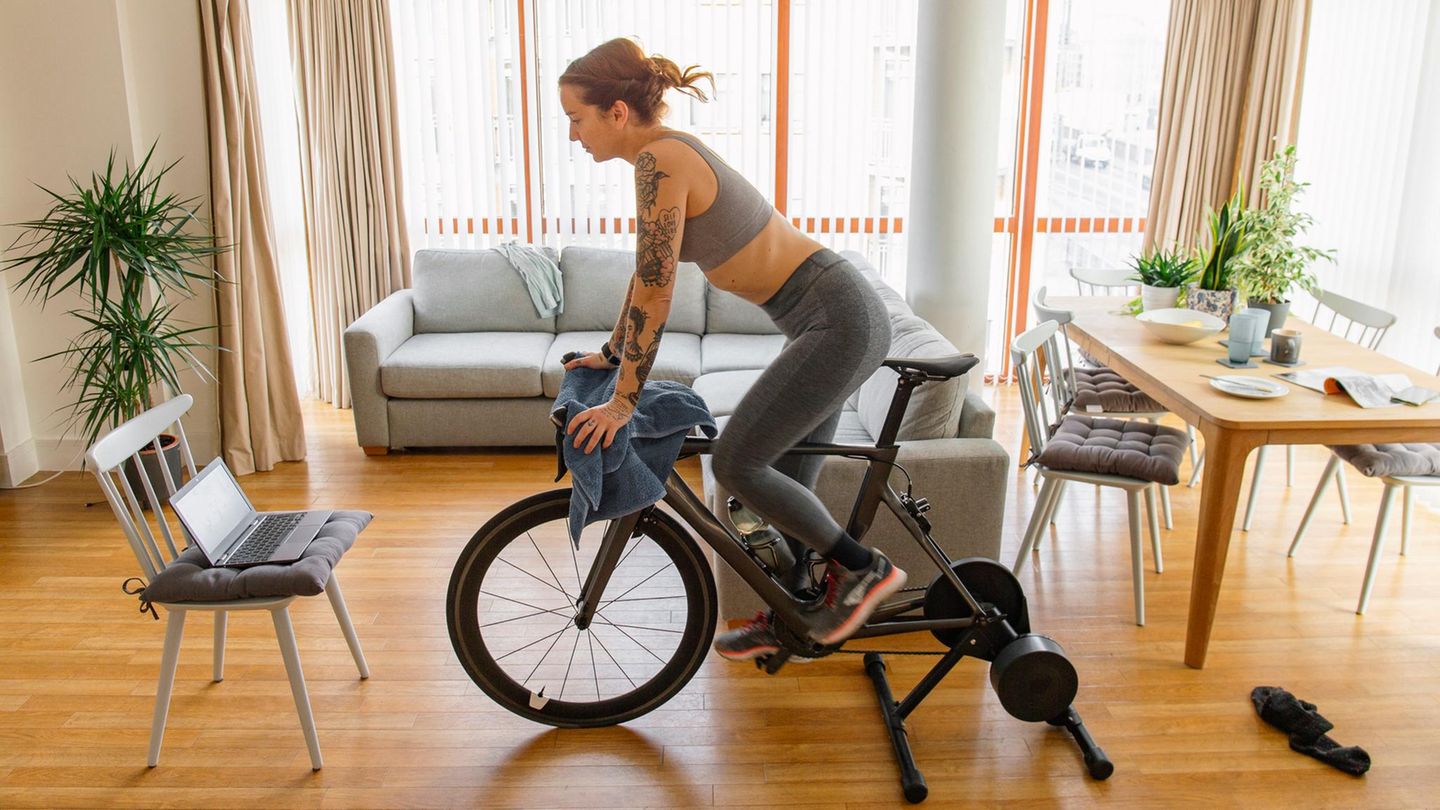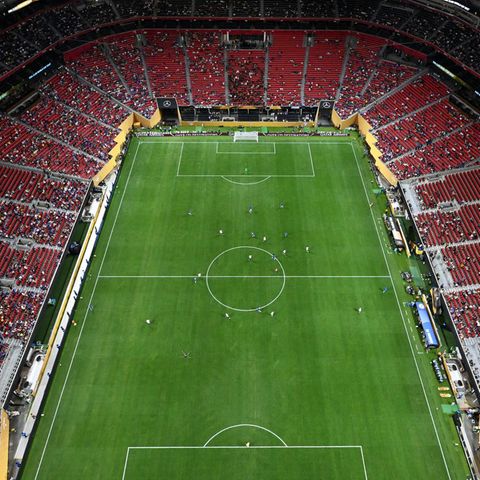17 years ago, the EU started talks about a free trade agreement with India, but there are still problems. The Chancellor is hoping for new momentum during his visit to New Delhi – also on other topics.
Chancellor Olaf Scholz (SPD) is accelerating the negotiations on a free trade agreement between the European Union and India. At the start of his visit to New Delhi, he called for “rapid progress and a quick conclusion” to the talks that began in 2007 at an economic conference. “If we work on it together, Prime Minister, it could happen in months rather than years,” he said to Indian Prime Minister Narendra Modi.
Negotiations were frozen in 2013 and resumed in 2022. There are problems with the high Indian tariffs on cars, the protection of intellectual property in the pharmaceutical industry and the opening of markets in the agricultural sector, with which India in particular has problems.
The Chancellor’s third visit to India
Scholz is visiting India for the third time in his almost three-year term in office. This time the occasion is the seventh German-Indian government consultations, in which four ministers from his cabinet are taking part.
The Chancellor emphasized that he was also interested in closer cooperation with India in the military sector. Thyssenkrupp Marine Systems is currently negotiating to build six submarines for the Indian Navy. A German frigate and a supply ship are currently underway off the Indian coast to take part in a joint exercise. On Saturday, Scholz will visit the soldiers in the western state of Goa.
“Our overarching message is: We need more cooperation, not less,” said Scholz. With regard to its powerful neighbor China, he reiterated: “We must avoid one-sided dependencies, especially in areas of strategic importance – critical raw materials and certain technologies, for example.”
Modi wants to bring investments into the country
Modi sought foreign investment in his country. There are growth opportunities in climate-friendly hydrogen and semiconductors, for example. “India offers an excellent platform for investment in these areas,” Modi said, according to his translator. India is also strong in artificial intelligence. There are endless opportunities for start-ups and a strong expansion of the infrastructure. The railway network will be expanded and new airports will be built.
Habeck calls for a “new beginning” in free trade
Economics Minister Robert Habeck, who spoke before Scholz, recalled the drastic effects of climate change and cited the fight against it as one of the areas in which Germany and India can work together. Economically, India is one of the most dynamic regions in the world with a rapidly growing middle class and important trade routes and ports. A trade agreement between the EU and India is essential. “Let us now make a new beginning,” he demanded, referring to the negotiations that have been going on for a long time.
Indian Commerce Minister promotes huge market
India’s Commerce Minister Piyush Goyal highlighted the opportunities for greater economic cooperation. India has a huge market with 1.4 billion people whose average age is under 30 years. As a democratic country, you can also offer investors security and the rule of law. “You have technologies, you have ideas, you have innovations, but you also have high production costs.”
India can provide a platform for using these technologies. For the trade negotiations, it is important to keep in mind that India wants to catch up economically, wants to protect sensitive areas and demands equality. “We are not negotiating from a position of weakness,” he emphasized.
Modi has just returned from Russia
The government consultations in the afternoon (local time) should also focus on international politics. On the one hand, India’s close contacts with Russia are a thorn in the side of the West. On the other hand, they can also be useful – especially when it comes to possible mediation in efforts to end the war in Ukraine.
Modi just offered this again at the summit of the Brics group of states in Kazan, Russia this week. “We fully support the restoration of peace and stability as quickly as possible,” he said. Since India has humanitarian concerns in mind, the country is in contact with all sides and will continue to be ready to “provide any kind of support” to end the war. The fact that Modi once again greeted host Vladimir Putin in Kazan with a warm hug may not have gone down well in Ukraine.
Source: Stern
I have been working in the news industry for over 6 years, first as a reporter and now as an editor. I have covered politics extensively, and my work has appeared in major newspapers and online news outlets around the world. In addition to my writing, I also contribute regularly to 24 Hours World.




